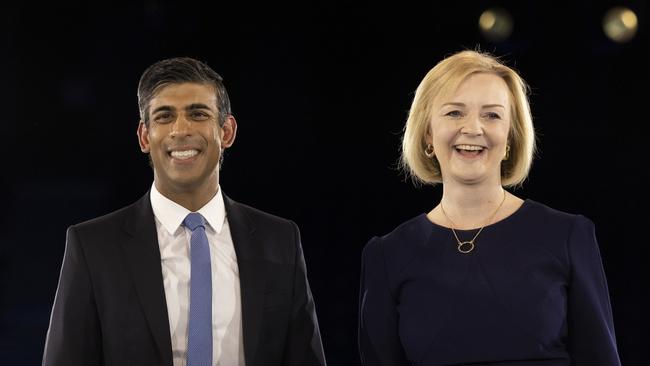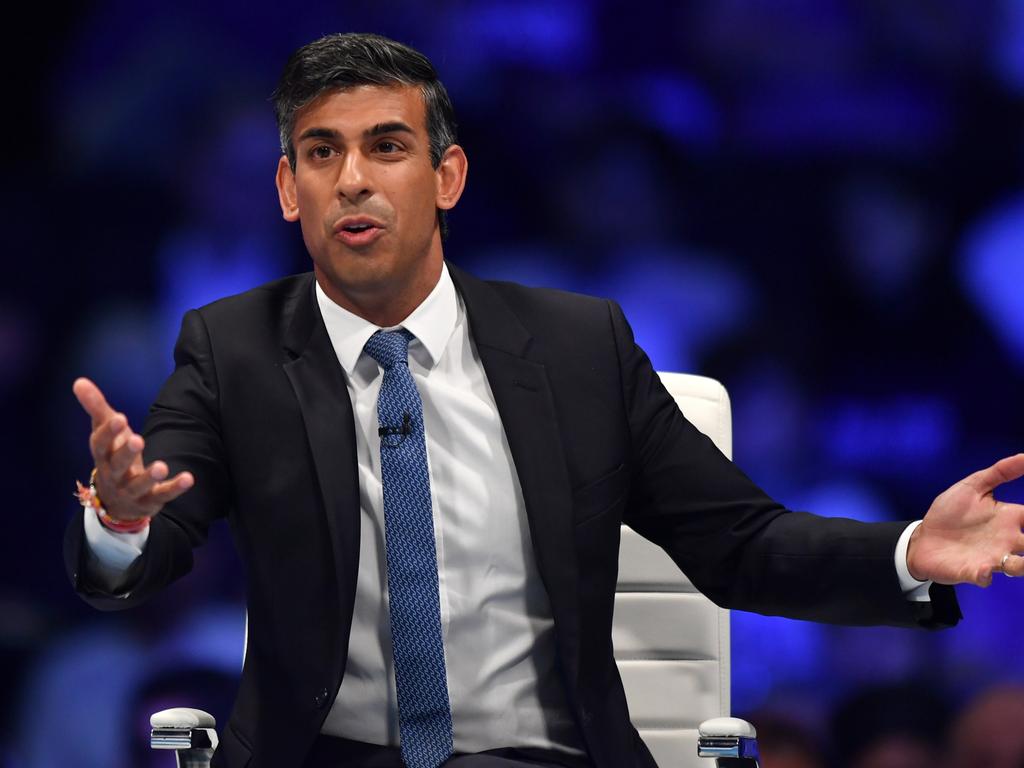Why Liz Truss will be the UK’s next prime minister

The two have been whittled down from a field of eight by Conservative party MPs. The choice is now up to the roughly 160,000 Conservative party members. To the surprise of many, polls indicate that Truss, 47, is likely will win.
Her success has two causes. First, winning over the membership requires not offering policy proposals but creating a mood. Sunak, as befits a former chancellor, has created a mood of sober realism. At the Exchequer he failed to deliver the lower taxes that Conservatives seek. Being chancellor and having to make tough decisions is seldom a springboard to becoming party leader.
Truss, by contrast, has created a mood of optimism. The British, she insists, are well able to master whatever is thrown at them and come out on top. Boris Johnson created a similar mood, both in the Brexit referendum of 2016 and as prime minister during Covid – one reason many Conservatives are sorry to see him go. So did Ronald Reagan in America. Before Reagan trounced Walter Mondale in 1984, New York governor Mario Cuomo, a Democrat, said his mother-in-law had begged him to tell Mondale to stop saying how awful everything was. “We already know!” she said.
The second reason for Truss’s success is Europe, which divided the Conservative party for nearly 60 years. Today, however, almost all Conservatives want to keep the UK at a distance from the Continent. The more Eurosceptic candidate therefore can be expected to win. Unexpectedly, Euroscepticism is helping Truss, not Sunak, even though the 42-year-old was a Brexiteer during the referendum, shunning warnings that it would harm his career, while she was a Remainer.
Truss, however, is now the repository of Brexiteer hopes. Most Brexit supporters believe the deal will swiftly yield dividends. The goal is to free the economy and push for growth, enlisting neoliberal policies such as slashing regulations, taxes and subsidies. Those policies were successful in the long run in Australia and New Zealand over the 1970s. But in the short run they were costly, particularly to farmers deprived of subsidies. The danger, as Reagan found out, is that tax-cut enthusiasts don’t necessarily favour the cuts in public services needed to finance them. Many economists are sceptical of Truss’s economic plan, though a minority support her.
All told, the campaign has been depressing. Neither candidate has admitted that, whether or not taxes ease, living standards will fall because of higher food and energy prices owing to Covid and the Ukraine war. The candidates haven’t pinpointed how they would control rising inflation. Nor have they said what they would do to rescue Britain’s crumbling National Health Service, now just behind the economy in voter priorities.
These deficiencies might be due to the wide gulf on policy priorities between Conservative MPs and party members on the one hand, and the voting public on the other. Research has shown that only 5 per cent of Tory MPs and 22 per cent of Conservative members agree that there is one law for the rich and one for the poor, a view held by 72 per cent of the voters. Among voters who switched to the Conservatives in the 2019 general election, 81 per cent believe that big business takes advantage of ordinary people, a view held by only 18 per cent of Tory MPs and 34 per cent of party members.
Tory membership figures have declined from more than a million in the mid-1970s to about 160,000 today. This dwindling membership, moreover, is unrepresentative of the voters whom the Conservative party needs to attract if it is to remain in government, being 97 per cent white, 71 per cent male and 57 years old on average. During the leadership contest, the candidates have been speaking to the party. The new prime minister will have to speak to the people.
Vernon Bogdanor is a professor of government at King’s College, London and author of Britain and Europe in a Troubled World
The Wall Street Journal




A new Tory leader and prime minister will be chosen on Monday. It will either be Rishi Sunak, the former chancellor of the exchequer, or Liz Truss, the foreign secretary.